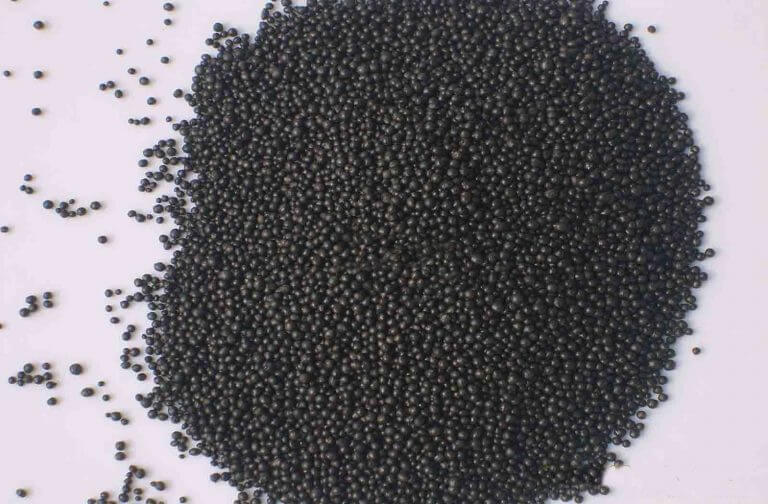composting leaves organic fertilizer are one of the most valuable compostable materials for the large amounts of fibrous organic matter they supply. Leaf compost serves primarily as an organic amendment and a soil conditioner. They improve structure of all soil types as organic fertilizer.Composting is becoming a main way to deal with leaves instead of burning and sending to a landfill.
The decomposition of leaves takes a quite long time. It could be usually about one or two and even more years. Besides, leaves have a tendency to mat down into a tight mass, create an impenetrable barrier to air and water. Shredding the leaves is usually required to solve these two problems. This will reduce the bulk of the leaves by about two thirds, reduces the tendency of the leaves to mat, and speeds up the decomposition process as more surface area is bared to the decomposers at work.
Besides, mix shredded leaves with a high nitrogen source such as grass clippings will do much help.Take grass clippings as an example, an mix of 2 to 3:1 (leaves: grass clippings) is generally considered the optimum choice. A high-nitrogen fertilizer added to the pile may speed up decomposition.

Not all leaves are compostable. There are some leaves that should take caution.
1. Poisonous Leaves such as oleander, hemlock and castor bean. They can harm soil life, so add very sparingly.
2. Acid & resin leaves such as eucalyptus, bay and laurel, juniper and cypress and acacia. They are toxic to other plants and soil life. Add sparingly or not at all.
3. Cottonwood, poplar, and ash are pH imbalancers that raise the pH in soil, making alkaline soil more alkaline. They should be added sparingly. Rhubarb should be used sparingly because its oxalic acid content lowers soil pH.
4. Plant leaves with rust, fungus, mildew, or seriously infested with insect pests are best to take to the landfill. In theory, the heat from the composting process will kill disease spores, but in practice not all compost piles attain maximum heat potential.
